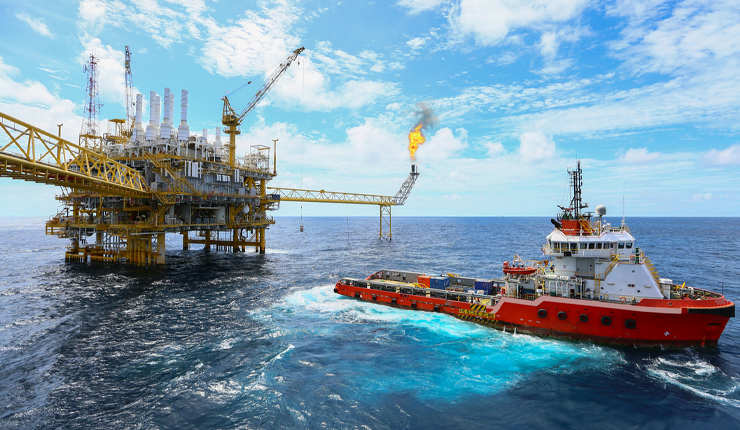Russia‘s oil and gas revenue is projected to nearly double in April compared to the previous year, reaching $14 billion, as indicated by calculations from Reuters.
This surge underscores the challenges faced by Western nations in their efforts to restrict Kremlin earnings and curb its military capabilities.
The conflict in Ukraine has spurred the West to impose various sanctions aimed at limiting Russian oil and gas earnings, which constitute approximately one-third of the country’s federal budget. These measures include constraints on Russian oil purchases, financial transactions, and maritime activities, along with a $60 per barrel price limit.
The anticipated increase in Russia’s oil revenue for April surpasses the expected 30 per cent rise for the entire year of 2024. According to Reuters’ calculations, Russia’s projected oil and gas revenue for April stands at 1.292 trillion roubles ($14 billion), compared to 648 billion roubles in April 2023, with a slight decrease from the 1.308 trillion roubles recorded the previous month.
The Finance Ministry of Russia is set to release the April data in early May.
Reuters’ estimations are based on data sourced from industry insiders and official statistics regarding oil and gas production, refining, and distribution in both domestic and international markets.
Revenue from oil and gas sales plays a critical role in Russia’s commodity-driven economy and in funding what it terms its “special military operation” in Ukraine.
However, concerns persist over the stability of dams containing millions of gallons of uranium mine tailings near Mali, highlighting potential environmental risks.
Russia’s budget deficit for the first three months of the year narrowed to 607 billion roubles, equivalent to 0.3 per cent of gross domestic product (GDP), buoyed by a rebound in energy revenue.
For the entirety of 2024, the government has allocated a federal revenue target of 11.5 trillion roubles from oil and gas sales, marking a 30 per cent increase from 2023 and reversing the 24 per cent decline witnessed in that year due to lower oil prices and sanctions impacting gas exports.



